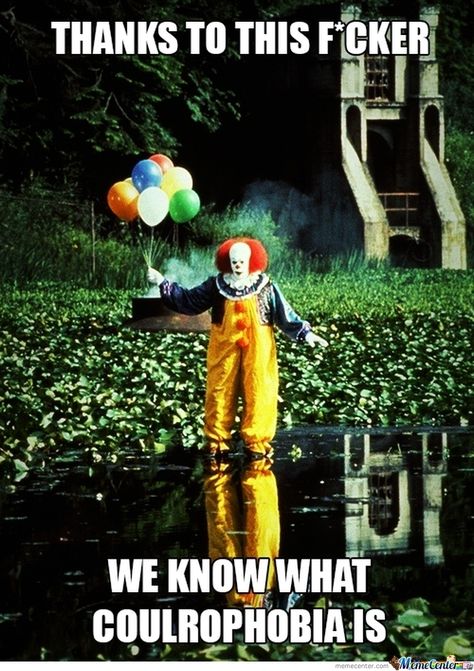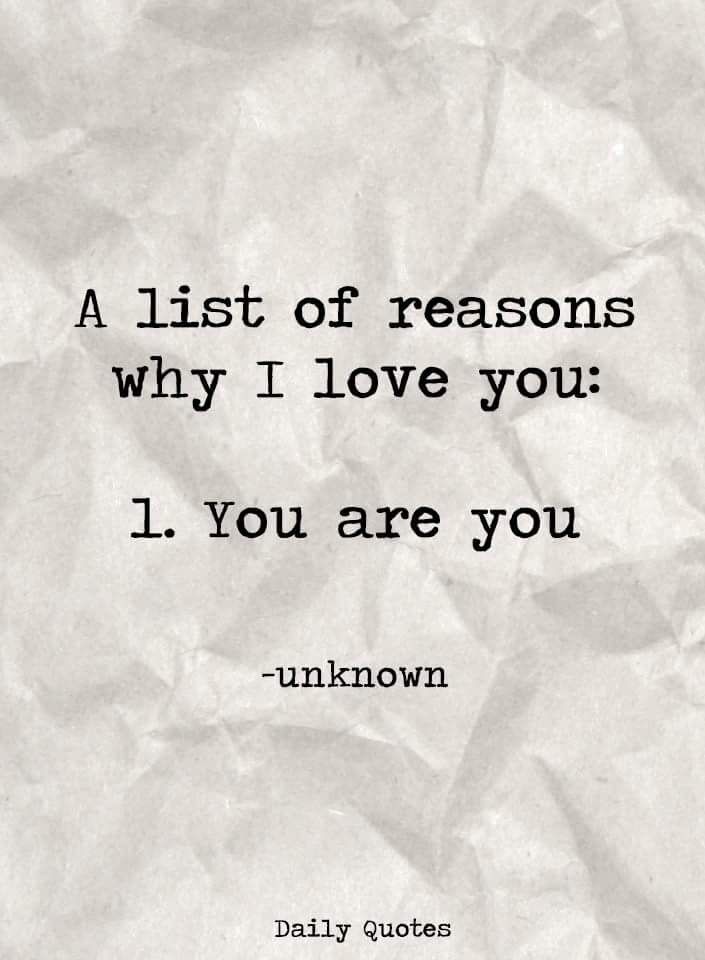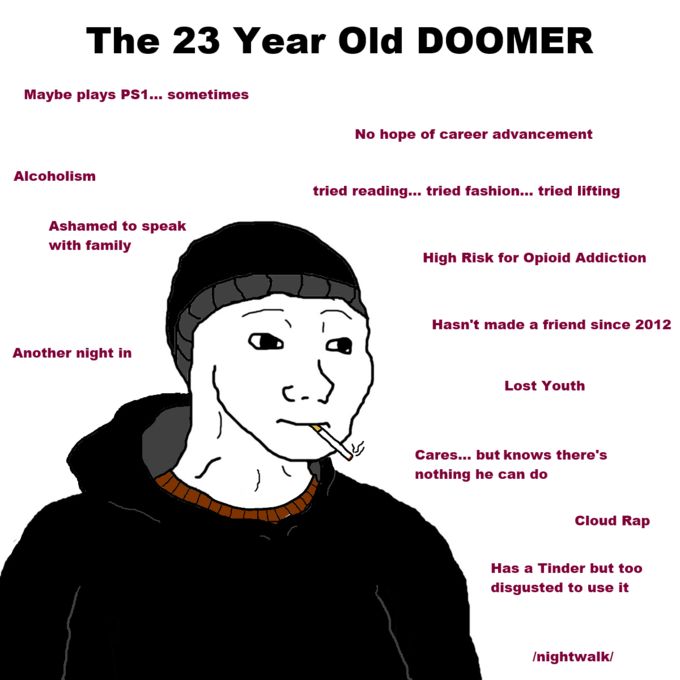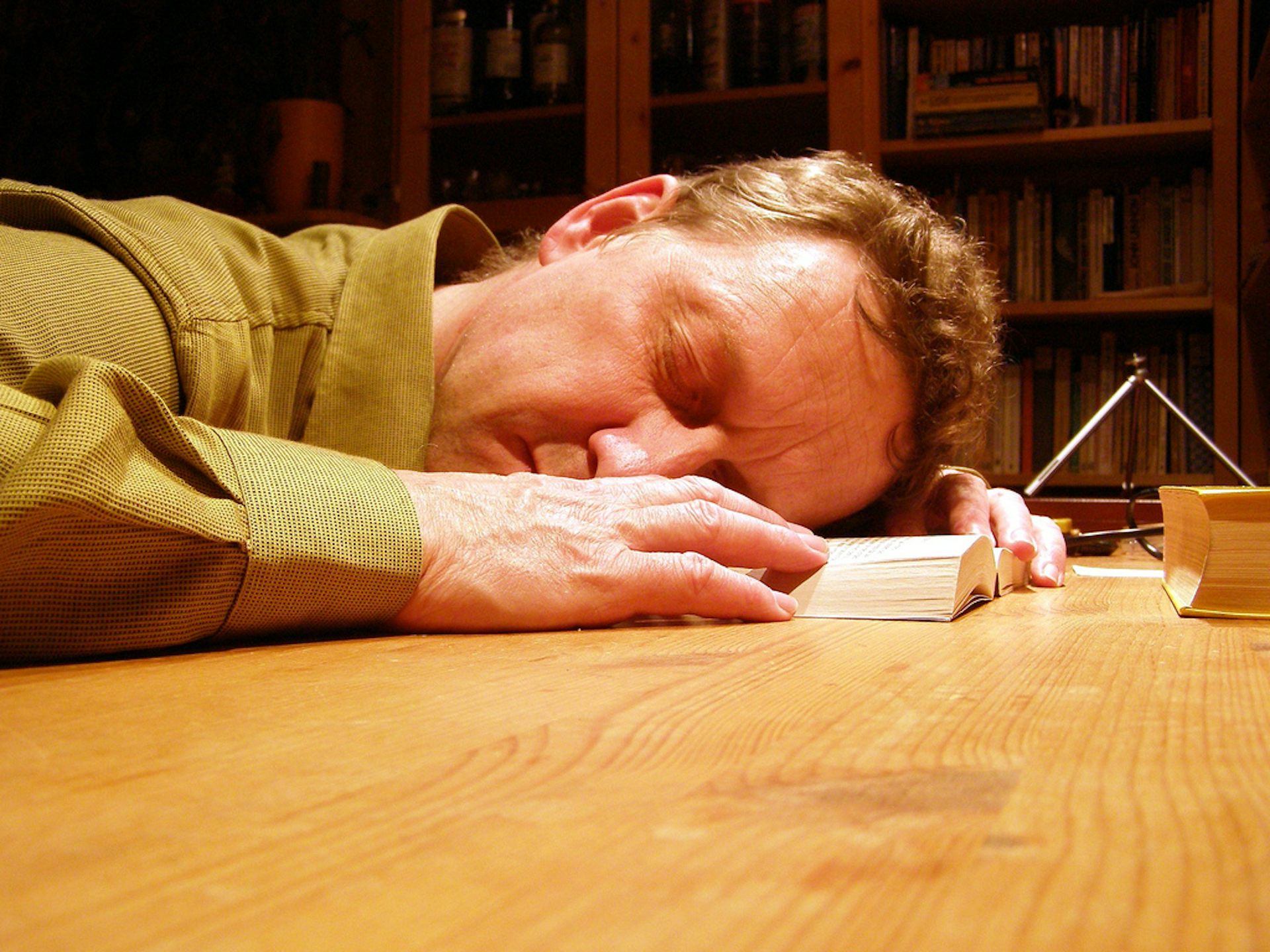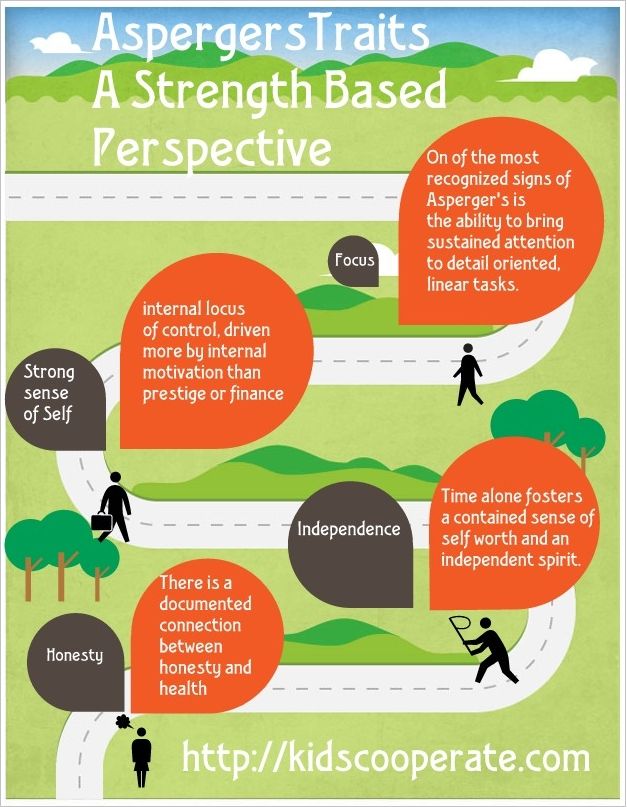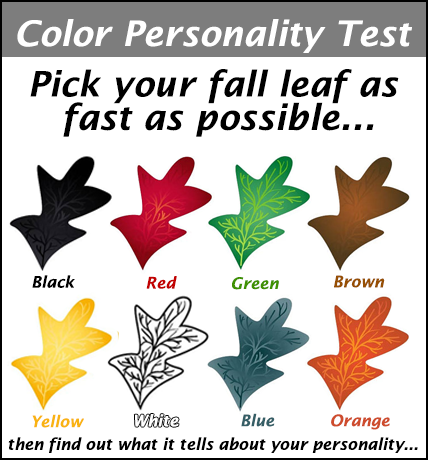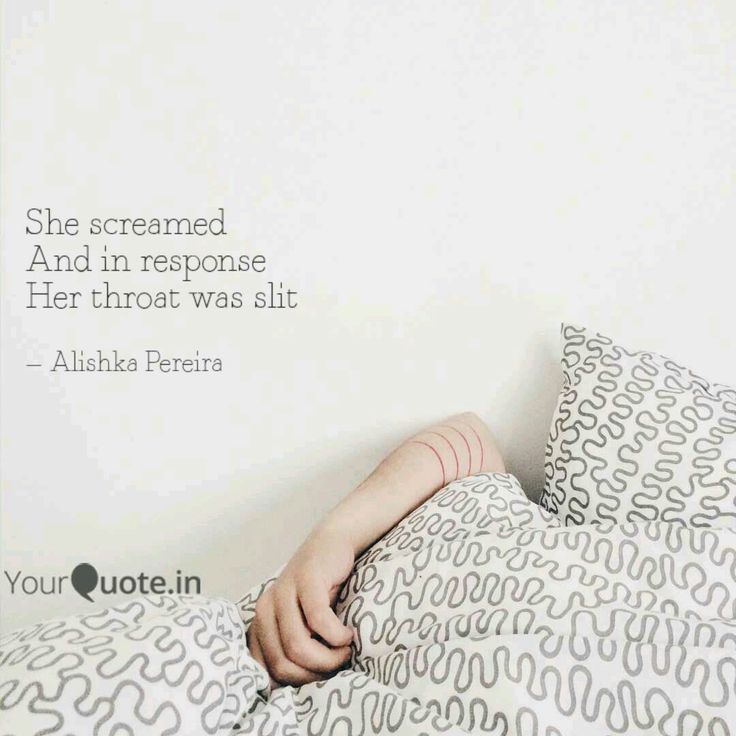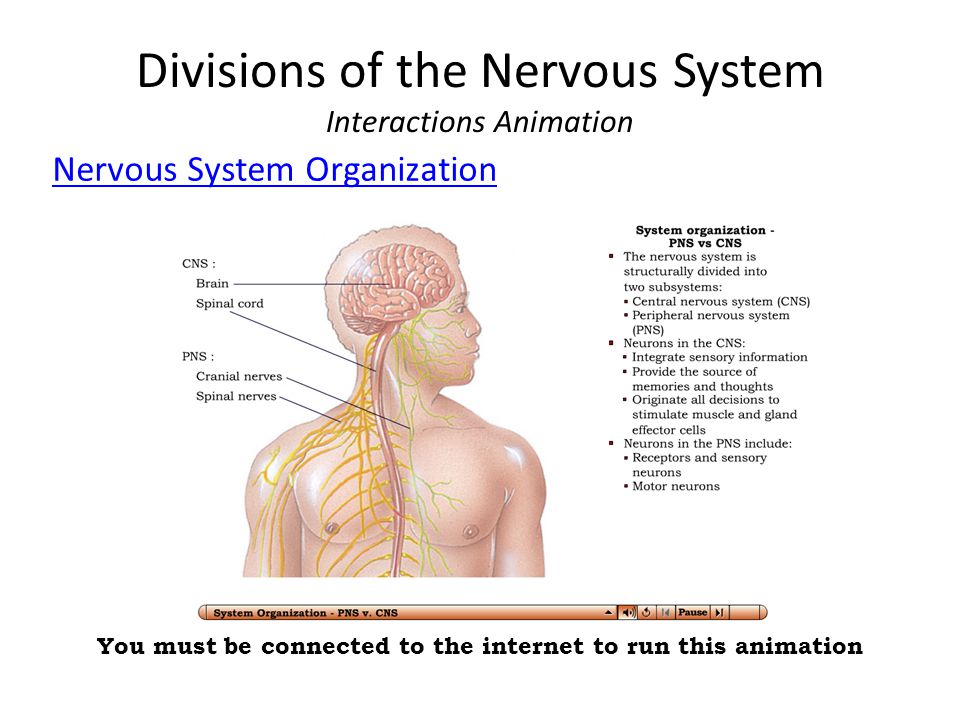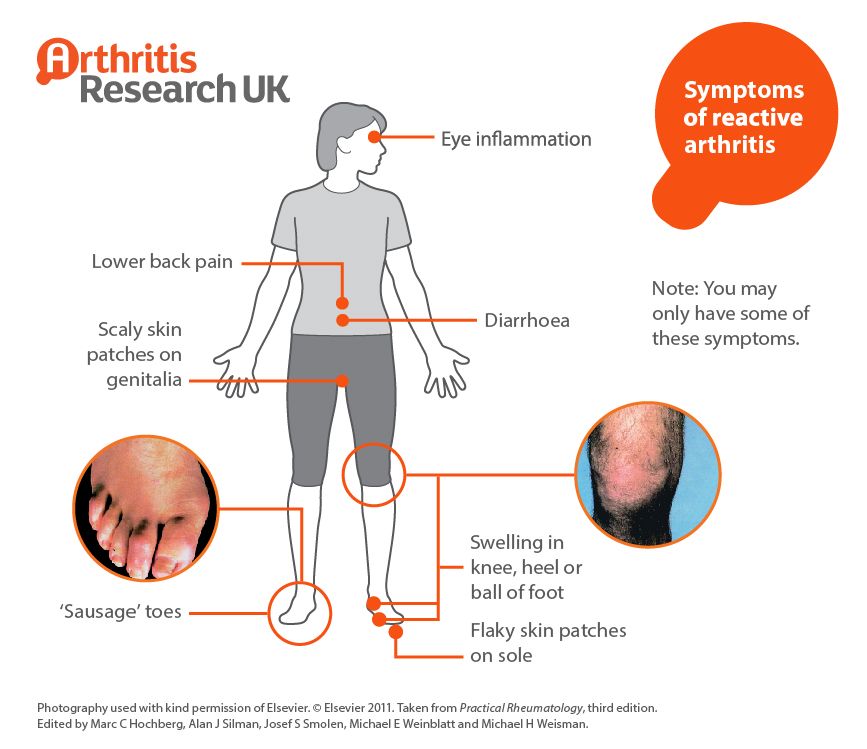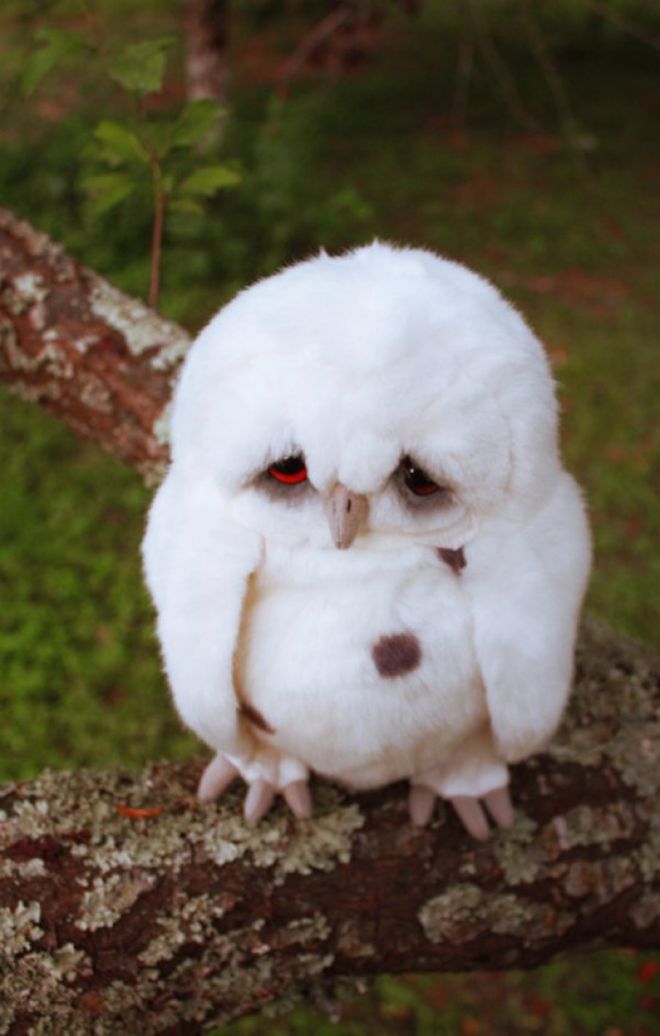What is coulrophobia
Coulrophobia: Symptoms, Causes, and Treatment
Written by Julian Selemin
Medically Reviewed by Poonam Sachdev on May 31, 2022
In this Article
- What Is Coulrophobia?
- Coulrophobia Causes
- Coulrophobia Symptoms
- Coulrophobia Treatment
- Can Coulrophobia Impact My Physical Health?
- Managing Your Child’s Coulrophobia
Coulrophobia is a rare phobia that makes a person afraid of clowns, making it stressful to see, imagine, or interact with them. While many people know that it exists, most link it to small children — yet, it’s also common in adults. Here’s what you need to know.
What Is Coulrophobia?
Coulrophobia, more simply known as a fear of clowns, is a specific phobic disorder that causes distress surrounding the presence of clowns. While many people link this phobia to children, adults can also have it, as it often goes untreated for many years.
Coulrophobia usually flares up at parties, festivals, and Halloween get-togethers, as clowns are often found at these places. Yet, a person may also react negatively to the mere thought of encountering a clown.
Phobias are, by definition, an irrational fear of something, meaning that mere exposure to the situation isn’t a sure way to get over it. Instead, people with coulrophobia may opt to avoid these situations altogether — leading to isolation and missing out on important events.
How common is fear of clowns? Due to the lack of research, it’s hard to pinpoint an exact number regarding how prevalent coulrophobia is. Still, some experts suggest that about 1 in 100 children have a fear of clowns. Others estimate that the number is closer to 1 in 10 when it comes to adults.
Coulrophobia Causes
Due to the irrational nature of phobias, it’s hard to determine what causes coulrophobia. But there are a few theories regarding possible causes for this condition.
Phobias, in general, are often caused by negative experiences that relate to a particular experience — especially at a young age.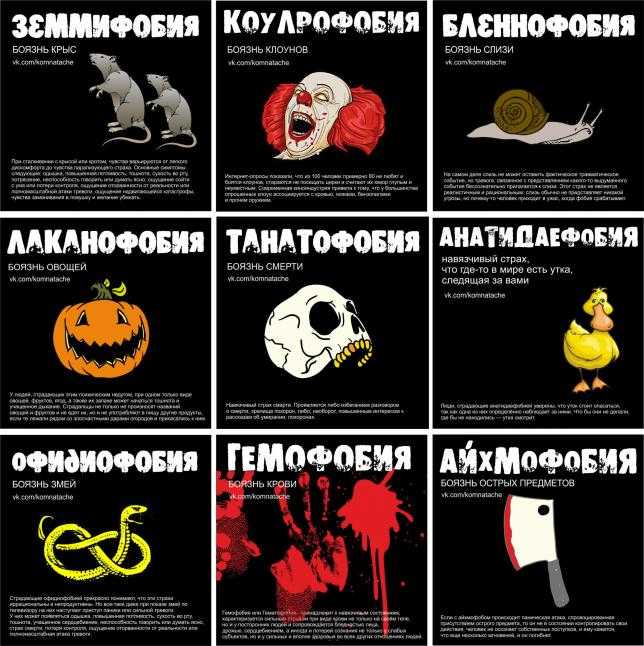 If you had a traumatic experience involving a clown in your childhood, it might later develop into coulrophobia.
If you had a traumatic experience involving a clown in your childhood, it might later develop into coulrophobia.
Similarly, children can pick up behavior from their parents, meaning that phobias can also be passed down between generations. Some research even points to genetics playing a role in this, so some people may be more prone to coulrophobia than others.
But there are a few causes that are specific to coulrophobia. For example, the uncanny effect refers to things that look familiar and unfamiliar at the same time. Clowns, due to their makeup and strange movement, can be a prime trigger for this effect. Seeing something so human that at the same time doesn’t really look like a human can make you uneasy and uncomfortable.
In the same vein, clowns can elude basic pattern recognition due to their makeup. The brain is able to pick up subtle signals that show emotion. Clowns' face paint sends mixed signals to your brain, making you uneasy and further amplifying the uncanny effect.
Lastly, pop culture can also take a toll on your fear of clowns. Movies like It can portray clowns as evil, which sometimes translates to coulrophobia. This is especially true for small children, who may become traumatized after seeing horror movies.
Coulrophobia Symptoms
People with coulrophobia usually only show signs when seeing, being near, or thinking about clowns. Events like Halloween parties, circuses, birthday parties, and horror movies are common triggers for this condition.
When in contact with a clown, a person with coulrophobia may experience:
- An increase in heart rate
- Excessive sweating
- Nausea
- Uncontrollable shaking
- Panic attacks
Coulrophobia Treatment
Coulrophobia, like most other phobias, doesn’t have a one-size-fits-all cure. Instead, getting over this condition involves getting psychological help, which may take some time. But there are many types of therapy, and it might be challenging to find the one right for you.
Exposure therapy. Exposure therapy is one of the most effective treatments for specific phobias like the fear of clowns. It consists of gradually exposing the person to the feared situation, leading up to being comfortable enough to lose the phobia.
Cognitive behavioral therapy. Another effective treatment for coulrophobia is cognitive behavioral therapy, which seeks to identify and address thought patterns related to the phobia. Eventually, the person will be able to stop these thoughts, disabling the phobia.
Relaxation techniques. Relaxation strategies like breathing and visualization exercises can greatly help in treating phobias. By staying calm, you can think more rationally in a stressful situation — like when near a clown.
Support groups. While it may be hard to find one specifically for the fear of clowns, support groups can be a fantastic tool for treating phobias. There, different persons share coping strategies and provide emotional support for the whole group.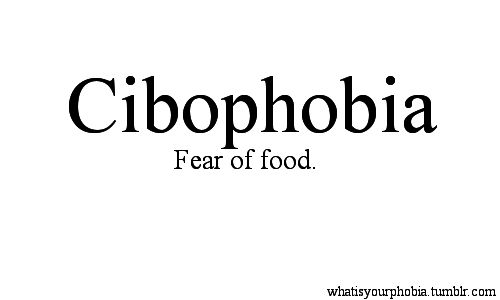
Still, there are a few things you can do on your own if you find yourself near a clown. Coping techniques like focusing on your breathing can allow you to calm down while rationalizing the situation.
Plus, learning about your phobia can also be useful for slowing down panic and anxiety attacks related to coulrophobia. But nothing will be as effective as checking with a mental health professional.
Can Coulrophobia Impact My Physical Health?
It’s unlikely that a condition like coulrophobia will impact your physical health in the long term. Instead, you might feel temporary symptoms whenever you’re in a situation that involves clowns, like a circus.
However, it can lead to some other problems altogether. For example, severe phobias can drive a person to substance abuse, especially alcohol abuse. Another extreme case is mood disorders, as deep phobias can trigger long-term depression and anxiety.
Still, it’s uncommon for coulrophobia to reach those levels of intensity. At most, you might have feelings of isolation due to not being able to attend events where clowns are present.
At most, you might have feelings of isolation due to not being able to attend events where clowns are present.
Managing Your Child’s Coulrophobia
Because children are more prone to developing phobias, it’s important to manage them in time. This can prevent the phobia from getting worse, allow your child to attend Halloween parties, and make them feel safer altogether.
If you notice that your child is fearful of clowns:
- Explain to them that clowns are just people in costumes.
- Reassure them that no one will try to hurt them.
- Try to avoid horror movies and bad news that involve clowns.
But the most important thing is to be there for them and bring them comfort in moments of stress. If you listen to their cues and questions, you’ll avoid future phobias around clowns.
Coulrophobia Definition & Meaning - Merriam-Webster
coul·ro·pho·bia ˌkül-rə-ˈfō-bē-ə
ˌkäl-
: abnormal fear of clowns
The term for fear of clowns—coulrophobia—is of fairly recent invention, coined, perhaps, as enough grownups found they were not alone in lingering childhood queasiness over exposure to big people dressed like Bozo. —Richard Dodds
—Richard Dodds
Brian Belden, a child psychologist at Children's Mercy, said there is such a thing as irrational fear of clowns (the clinical term is coulrophobia) that afflicts children and adults.—Robert Trussell
coulrophobe
ˈkül-rə-ˌfōb
ˈkäl-
noun
or coulrophobic
ˌkül-rə-ˈfō-bik
ˌkäl-
plural coulrophobes or coulrophobics
Perhaps unsurprisingly, the man who created one of the most frightening evil clowns in literary history has admitted to being a bit of a coulrophobe himself.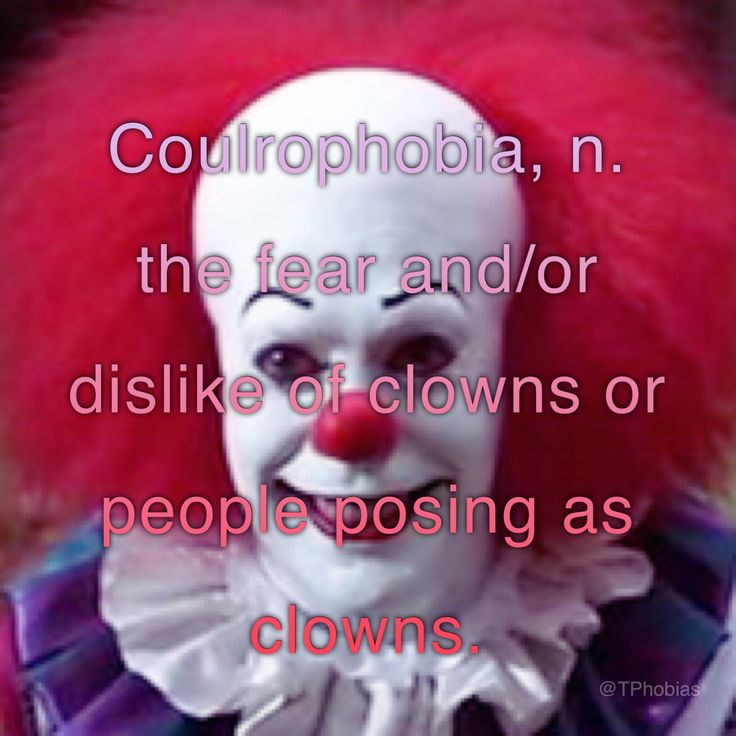 —Rebecca Hawkes
—Rebecca Hawkes
More than 70 coulrophobics and parents complained about posters and bus ads featuring the head of a scruffy, smiling clown doll with the tagline "They know what scares you". —Dugald Baird
coulrophobic adjective
Want to ruin your coulrophobic friend's day? Schedule a donut delivery from a scary clown driving an ambulance called the "emergency donut vehicle." —Matthew Schniper
Word History
Etymology
coulro- (of unknown meaning and origin) + -phobia
Note: A word apparently invented in the 1990's.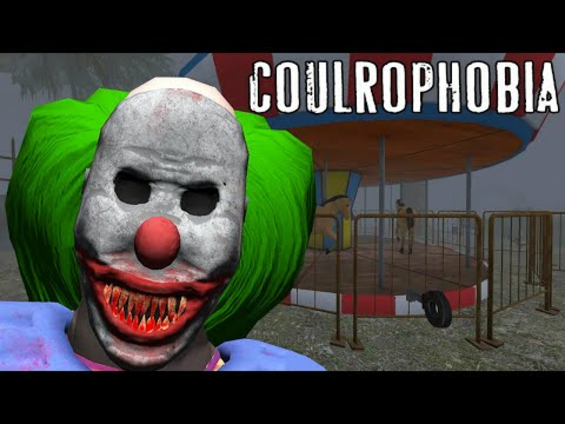 Various suggested origins for coulro-, as Greek kōlobathristḗs "stilt-walker" (attested only by the lexicographical collector Hesychius), are too phonetically distant to be plausible.
Various suggested origins for coulro-, as Greek kōlobathristḗs "stilt-walker" (attested only by the lexicographical collector Hesychius), are too phonetically distant to be plausible.
First Known Use
1998, in the meaning defined above
Time Traveler
The first known use of coulrophobia was in 1998
See more words from the same year
Dictionary Entries Near
coulrophobiaCoulommiers
coulrophobia
coulsonite
See More Nearby Entries
Cite this Entry
Style
MLAChicagoAPAMerriam-Webster
“Coulrophobia.” Merriam-Webster. com Dictionary, Merriam-Webster, https://www.merriam-webster.com/dictionary/coulrophobia. Accessed 16 Jan. 2023.
com Dictionary, Merriam-Webster, https://www.merriam-webster.com/dictionary/coulrophobia. Accessed 16 Jan. 2023.
Copy Citation
Medical Definition
coulrophobia
noun
coul·ro·pho·bia ˌkül-rə-ˈfō-bē-ə, ˌkäl-
: abnormal fear of clowns
Subscribe to America's largest dictionary and get thousands more definitions and advanced search—ad free!
Merriam-Webster unabridged
What is coulrophobia, or why are we afraid of clowns? | Psychology
This is called coulrophobia - a panicky uncontrollable fear of clowns.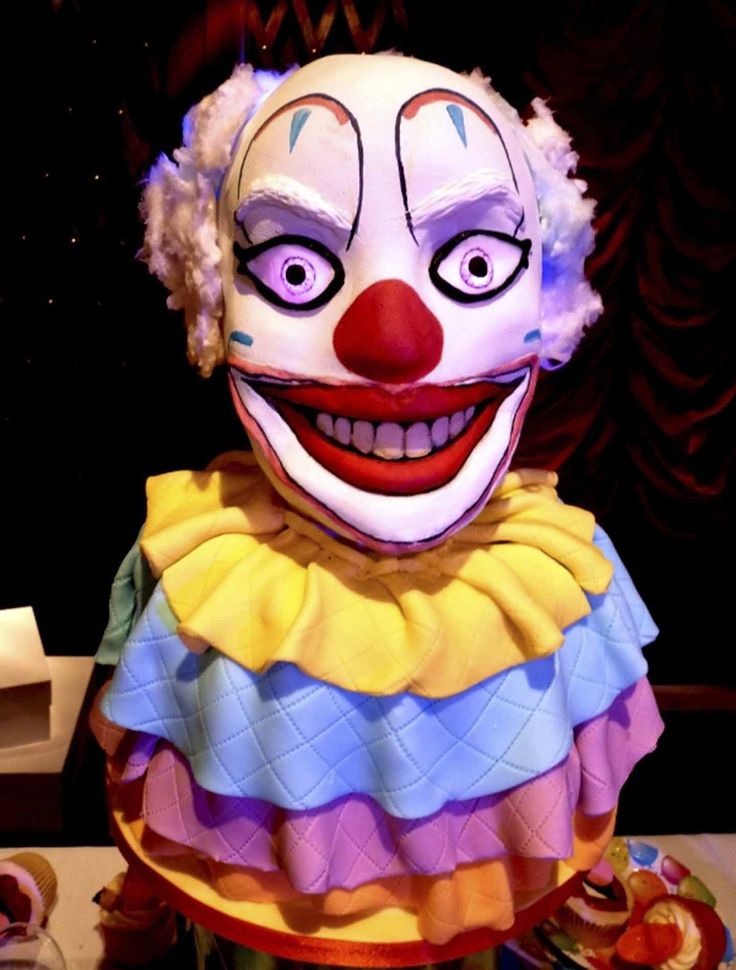 As studies by British scientists conducted among 250 children aged 4-16 years have shown, most of them are afraid of clowns, and some are seriously afraid. But not only children and teenagers, but sometimes successful adults suffer from this fear. Surprisingly, the phobia only spread at the beginning of the 21st century. nine0003
As studies by British scientists conducted among 250 children aged 4-16 years have shown, most of them are afraid of clowns, and some are seriously afraid. But not only children and teenagers, but sometimes successful adults suffer from this fear. Surprisingly, the phobia only spread at the beginning of the 21st century. nine0003
Other online surveys have shown that out of 100 people of all ages surveyed, 84 dislike and are afraid of clowns, avoid attending circuses, and find their humor stupid and inappropriate. Here is how the “against” answer was commented: “For some reason, it seems to me that if people laugh at clowns, it’s more like a nervous laugh to hide tension ... The scriptwriters of all kinds of horror films strive to shove the image of a clown into some chilling scene , which is probably why my imagination now always draws huge carving knives for clowns . .. " nine0003
.. " nine0003
And it is not in vain that most of the respondents associate the clown with knives, chainsaws and other weapons. It's all because of the film adaptation of the novel "King of Horrors" by Stephen King. Filmed in 1990, IT is about a clown who kills people with their own fears while keeping a kind smile on his face. This marked the beginning of a whole series of horrors with the main characters in the face of evil clowns: "S.I.C.K.", "Killer Clowns", "Clown", "Fear of Clowns", "House of Clowns", "Good Clown is a Dead Clown", "The Undertaker" ... Screenwriters found the right string, which is most convenient to pull, in order to achieve a reaction of panic fear in people. nine0003
One cannot ignore the topic of murderers, rapists and pedophiles who worked professionally or moonlighted as clowns at fairs.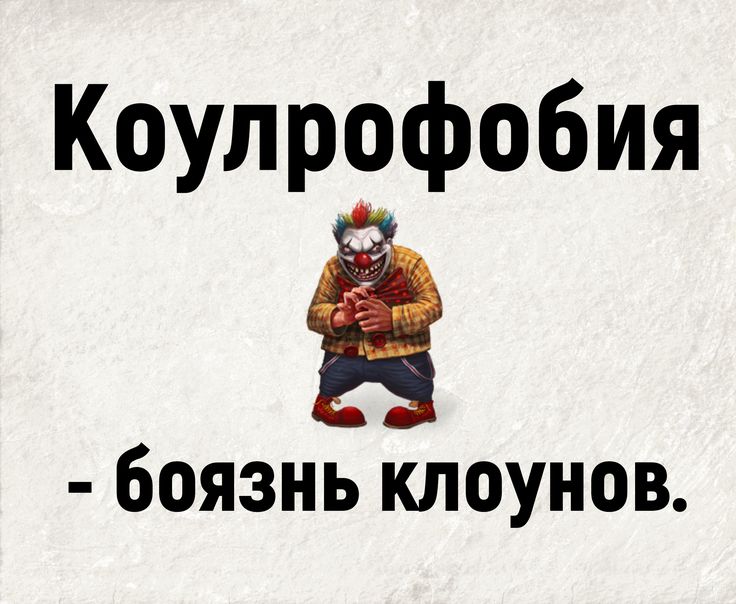 This has had a certain impact on society.
This has had a certain impact on society.
Russia was a little more fortunate. Soviet clowns bore little resemblance to those movie killers, and until the late 1990s, coulrophobia did not become widespread. And it is unlikely that, remembering such clowns as Y. Nikulin, O. Popov, V. Polunin, you will be able to associate them with murders or violence. In their performances, humor has always been only kind and sweet, these are Clowns with a capital letter and a global scale. Alas, it is not always possible to speak so flatteringly about clowns from city circuses or companies invited to a holiday, sometimes their professionalism leaves much to be desired. nine0003
Many subconscious causes of fear:
1.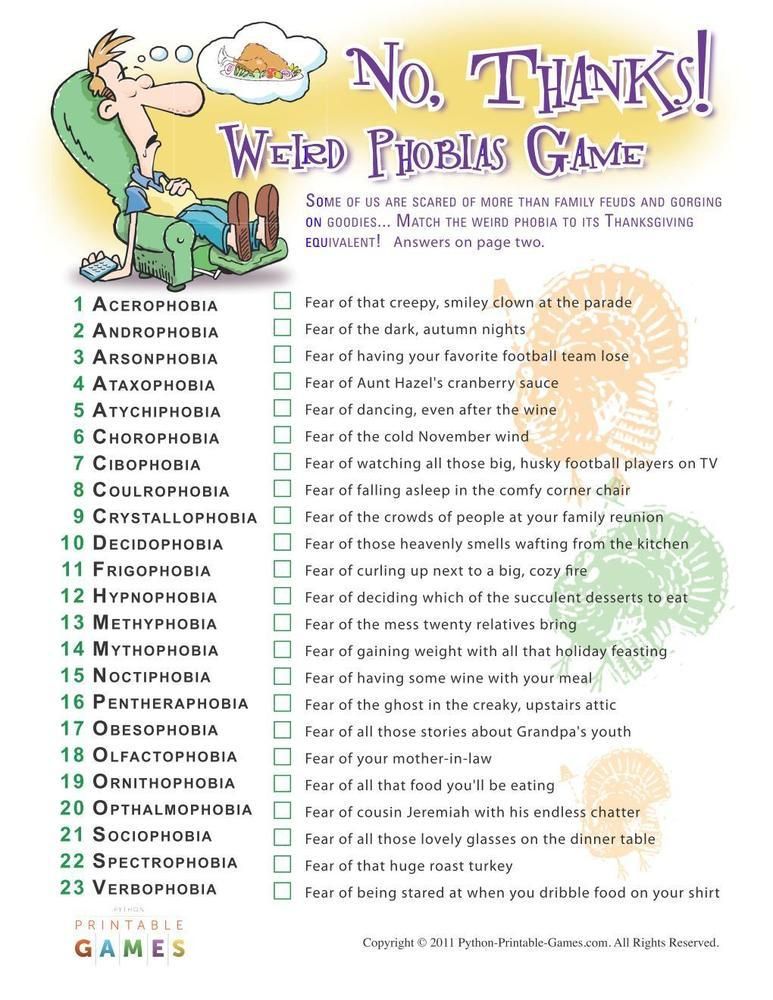 Face covered with a mask or make-up. This is one of the main reasons - it is impossible to understand what a person really thinks and feels, although he always keeps a smile on his face. nine0003
Face covered with a mask or make-up. This is one of the main reasons - it is impossible to understand what a person really thinks and feels, although he always keeps a smile on his face. nine0003
2. Fear of being ridiculed in public. When a clown chooses someone from the audience and starts to make fun of him, this only increases the fear. The story of one of those suffering from a phobia: “... Initially, I was generally indifferent to them, until these examples of deviant behavior were honored to reward me, who once came to the circus, with a portion of their most valuable attention, pulling me out to the arena and making me an involuntary participant in their pathologically stupid trick ... " nine0003
3. Expressive phraseology and abrupt movements that are designed to attract attention, but in ordinary life are inherent in mentally ill people.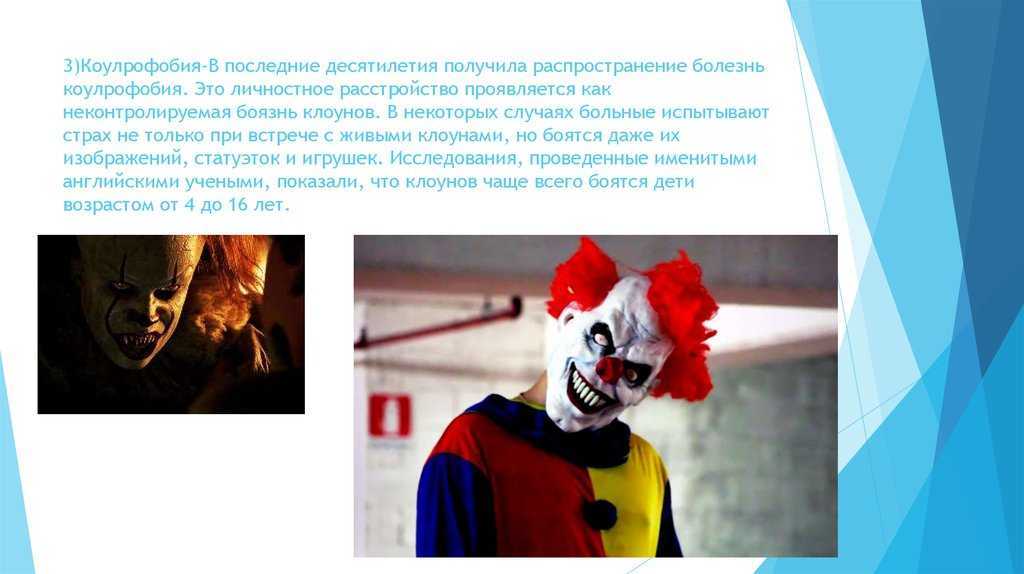
4. Childhood memories of a bad trip to the circus or seeing a movie. These impressions, as a rule, are the strongest and bear their imprint throughout life. nine0003
5. Allergic to makeup, paints, stupid noses. This may not lead to a phobia, but hostility will definitely appear.
6. Fear of the new, incomprehensible, unusual. As a rule, the actions of a clown are unpredictable, it is impossible to guess what he will throw out in the next moment, this makes him wary. What if the next move turns out to be dangerous? nine0003
But, like any fear, coulrophobia can and should be eliminated.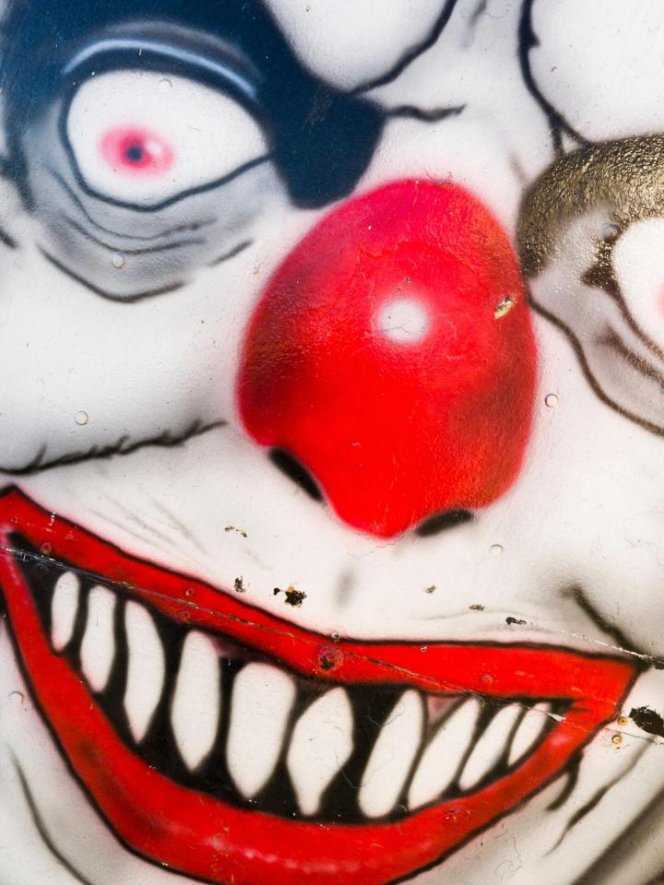 You can, of course, refuse the circus and watching movies with clowns, but there is no guarantee that you will not meet them in real life.
You can, of course, refuse the circus and watching movies with clowns, but there is no guarantee that you will not meet them in real life.
Only a psychologist can help in the most difficult situations. But if a child has a slight dislike, then you can show him a cartoon or performances of good clowns on TV or in a circus, where they are extremely positive characters. nine0003
When preparing for a trip to the circus, you need to pay attention to the fact that the clown was really a professional in his field, so that his program was designed for spectators of all ages. Another option is for one of the parents to dress up as a clown and chat with the baby. This will help adults to understand that behind the mask is an ordinary person, with his life and worries. nine0003
Get only positive emotions and don't watch "horror movies" at night!
Tags: psychological health, mental health, psychological help, pathology, mental disorder, jokes, psyche, psychological problems, the circus, fear, humor, health
What is COULROPHOBIA - simple answer what does it mean, causes
Coulrophobia is a term for a persistent irrational fear of clowns.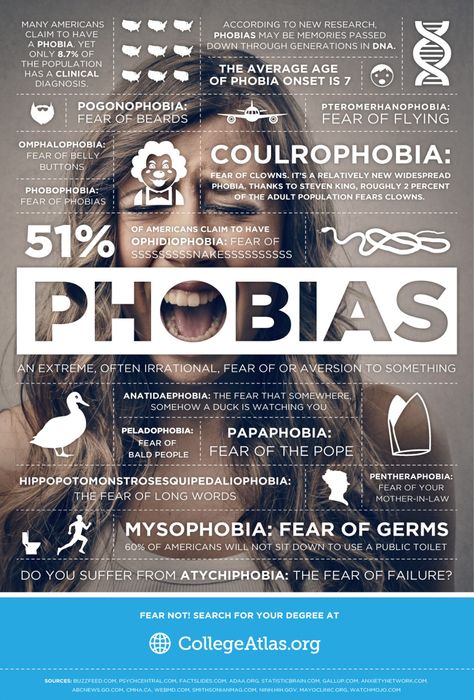 This word is relatively new and is not included in most medical reference books.
This word is relatively new and is not included in most medical reference books.
What is COULROPHOBIA - meaning, definition in simple words.
In simple words, coulrophobia is a panic fear of clowns, people in clown makeup and everything connected with them. nine0054
Coulrophobia – causes of phobia development.
According to most authoritative psychologists, coulrophobia or fear of clowns, like most other phobias, takes root in childhood. This is due to the fact that children under the age of four react very impressively to unfamiliar and incomprehensible faces. Thus, meeting at such a young age with a made-up clown can terribly frighten a child and instill fear for the rest of his life. nine0003
Contrary to popular belief that everyone should like clowns, this is far from the case. In one of the hospitals in the UK, an entertaining study was conducted, which consisted in decorating children's wards with images of clowns.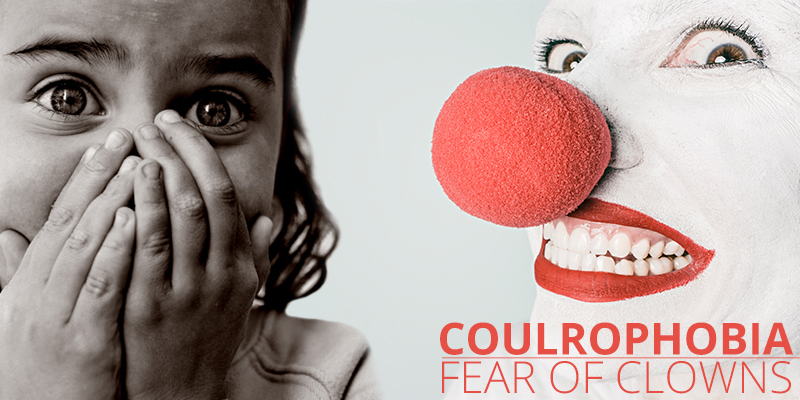 The result showed that the majority of the 250 children surveyed aged 4 to 16 do not like these images, and some cause terrible fear.
The result showed that the majority of the 250 children surveyed aged 4 to 16 do not like these images, and some cause terrible fear.
In addition, the fear of clowns is quite often observed in middle-aged people who did not have such problems in childhood. The appearance of such a phobia has contributed to modern media, movies and books. For example, a real boom in the development of coulrophobia was the release of Stephen King's novel It. In this work, the main monster is Pennywise "Dancing Clown", which is an ancient evil that kidnaps and kills children in mysterious ways. The popularity of the book and its film adaptation made this scary clown world famous and recognizable. It is generally accepted that Stephen King got the idea for the novel from his own fears of clowns. nine0003
Another important aspect of fear or disgust at the sight of a clown is the historical significance of these characters. The fact is that clowns throughout their history were rather strange characters who were allowed to do everything that was unworthy of a decent person.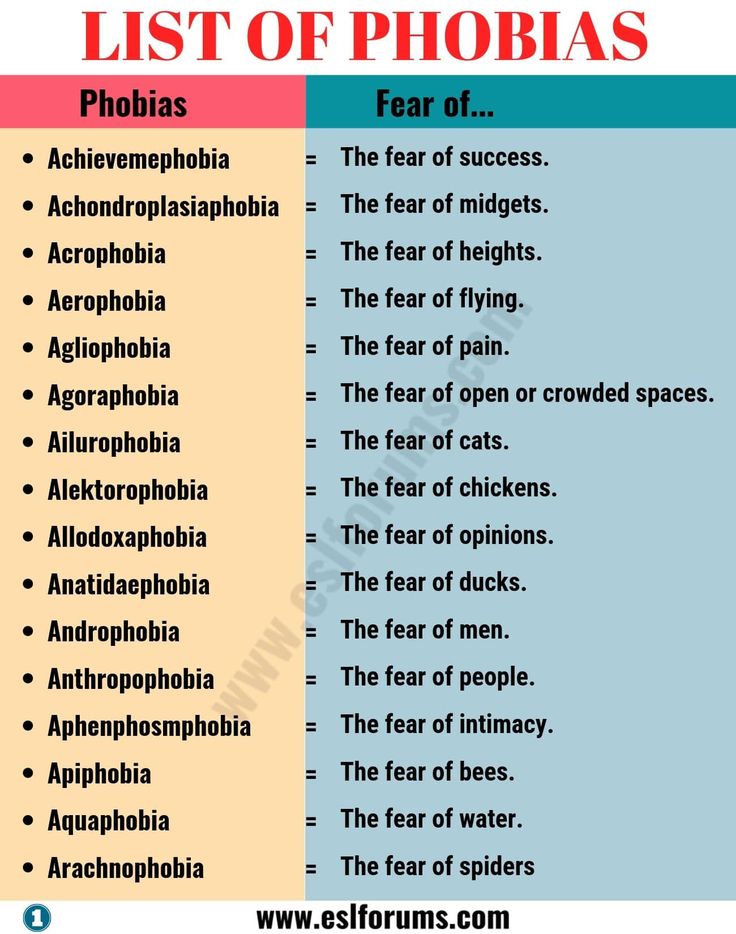 For example, in Egypt, China and Europe, the rulers allowed their court jesters to mock themselves. In some countries, clowns have been officially allowed to be blasphemers, commit acts of sodomy and public masturbation. The thing is that clowns have always been considered in some way "fools" or insane, so they were treated as such. nine0003
For example, in Egypt, China and Europe, the rulers allowed their court jesters to mock themselves. In some countries, clowns have been officially allowed to be blasphemers, commit acts of sodomy and public masturbation. The thing is that clowns have always been considered in some way "fools" or insane, so they were treated as such. nine0003
Coulrophobia - symptoms.
As with other phobias, coulrophobia causes many physical and mental symptoms, including:
- Sweating;
- Nausea;
- Feeling of fear;
- Panic attacks;
- Rapid heartbeat and rapid breathing;
- crying;
- Creek;
- Fits of anger in the presence of a clown.
Coulrophobia treatment.
Fear of clowns is treated in the same way as other phobias. A person must gradually come into contact with the object of his fear, in order to obtain more controlled emotions.